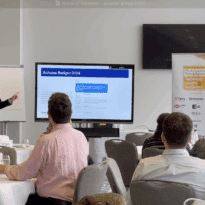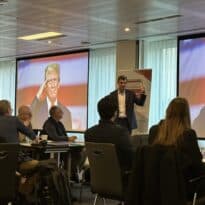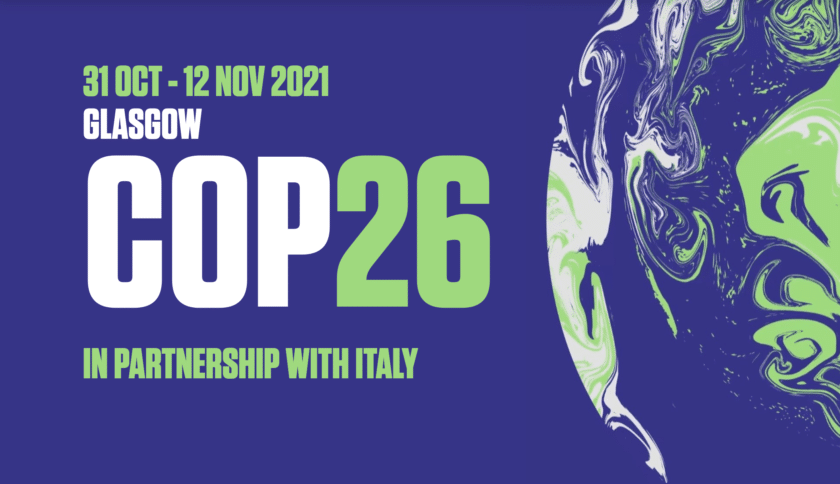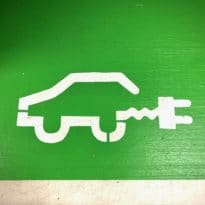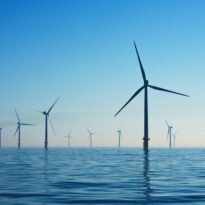The COP 26 summit, currently being hosted by the UK in Glasgow, saw around 120 leaders come together at the start of two weeks of global negotiations to help determine whether humanity can drive forward the urgent action needed to avoid catastrophic climate change, with organisers saying the need for urgent action “has never been clearer.”
The summit has four main goals. These are set down as:
1. Secure global net zero by mid-century and keep 1.5 degrees within reach
Countries are being asked to come forward with ambitious 2030 emissions reductions targets that align with reaching net zero by the middle of the century.
To deliver on these stretching targets, countries will need to:
• accelerate the phase-out of coal
• curtail deforestation
• speed up the switch to electric vehicles
• encourage investment in renewables.
2. Adapt to protect communities and natural habitats
The climate is already changing and it will continue to change even as we reduce emissions, with devastating effects.
At COP26 we need to work together to enable and encourage countries affected by climate change to:
• protect and restore ecosystems
• build defences, warning systems and resilient infrastructure and agriculture to avoid loss of homes, livelihoods and even lives
3. Mobilise finance
To deliver on our first two goals, developed countries must make good on their promise to mobilise at least $100bn in climate finance per year by 2020.
International financial institutions must play their part and we need work towards unleashing the trillions in private and public sector finance required to secure global net zero.
4. Work together to deliver
We can only rise to the challenges of the climate crisis by working together.
At COP26 we must:
• finalise the Paris Rulebook (the detailed rules that make the Paris Agreement operational)
• accelerate action to tackle the climate crisis through collaboration between governments, businesses and civil society.
In his opening address, Alok Sharma, British politician serving as President for COP26, said: “The science is clear that the window of time we have to keep the goal of 1.5℃ alive , and to avoid the worst effects of climate change, is closing fast. But with political will and commitment, we can, and must, deliver an outcome in Glasgow the world can be proud of.”
New commitments are expected on coal, electric cars, reducing deforestation and addressing methane emissions.
For the first time finance will be a key COP theme, reflecting the vital role finance will play in transitioning the real economy to net zero. Discussions will centre on how the countries most vulnerable to climate change can access the finance they need to tackle the issues they face.
UK Prime Minister Boris Johnson began this with the announcement of a funding package, as part of the UK’s Clean Green Initiative, to support the rollout of sustainable infrastructure and revolutionary green technology in developing countries. This includes:
• A package of guarantees to the World Bank and the African Development Bank to provide £2.2bn ($3bn) for investments in climate-related projects in India, supporting India’s target to achieve 450 GW of renewable energy installed capacity by 2030, and across Africa.
• The UK’s development finance institution, CDC, will commit to deliver more than £3bn of climate financing for green growth over the next five years. This will include £200m for a new Climate Innovation Facility to support the scale-up of technologies that will help communities deal with the impacts of climate change. This is double the amount of climate finance CDC invested in its previous strategy period from 2017-2021.
• The FCDO-backed Private Infrastructure Development Group (PIDG) will also commit more than £210m in new investment today(MON) to back transformational green projects in developing countries such as Vietnam, Burkina Faso, Pakistan, Nepal and Chad.




















